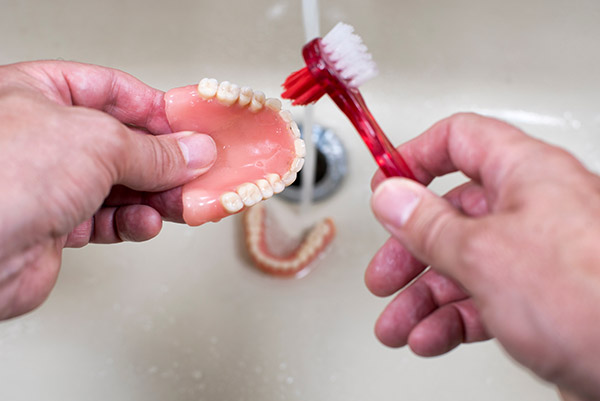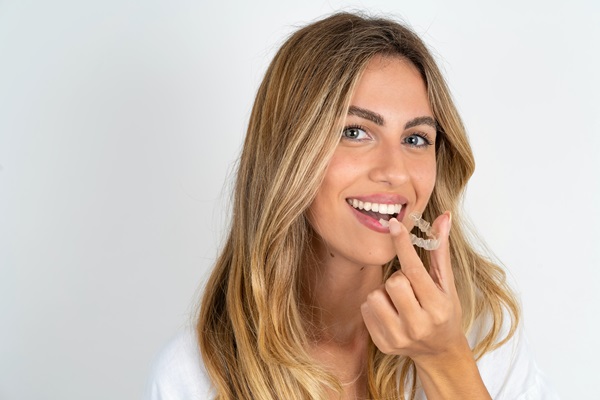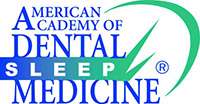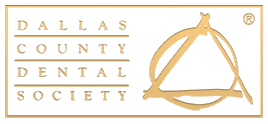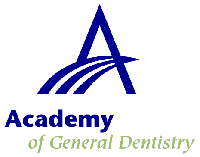Extra Infection Control Precautions for Dental Offices During Coronavirus Disease
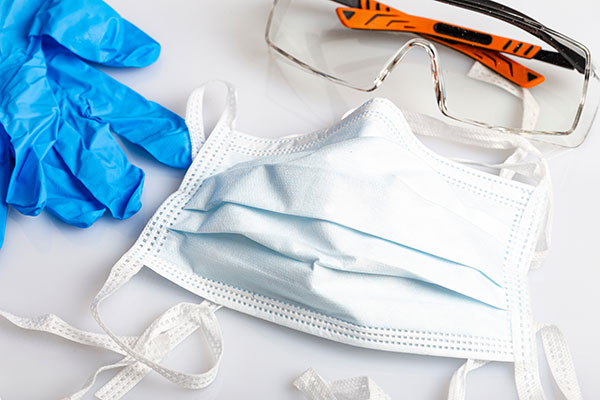
Dental professionals need to take extra infection control precautions to prevent the transmission of coronavirus. The staff in dental offices are at high risk of COVID-19 infection due to physical interaction and exposure to blood, saliva and other body fluids, as well as the handling of sharp dental tools. This article focuses on the infection control precautions that dental offices are taking to mitigate the spread of coronavirus.
Infection control precautions for dental offices
To effectively control infection, dental offices need to identify patients with coronavirus and adopt extra protective measures. The precautions are important because aerosols and droplets are regarded as the main ways for the spread of COVID-19.
Mouth rinse before dental procedures
The dental professional usually provide antimicrobial mouth rinse to reduce the count of oral microbes. Since the coronavirus is vulnerable to oxidation, it is advisable to use a mouth rinse containing oxidative agents such as 0.2% povidone or 1% hydrogen peroxide. The preprocedural mouth rinse is practical when a rubber dam is not usable.
Anti-retraction handpiece
A high-speed hand tool without anti-retraction valves can aspirate and eject the debris and fluids during dental procedures. Essentially, the microbes, including viruses and bacteria, will cause further contamination of air and water tubes inside the dental office, therefore causing potential cross-infection. An anti-retraction high-speed dental tool can drastically minimize the backflow of oral bacteria and viruses into the tubes of the hand tool and dental device, compared to a handheld device without anti-retraction function. The use of specially designed anti-retractive valves or other anti-reflux mechanisms is an extra infection control precaution for dental offices.
Management of medical wastes
Medical wastes, including every disposable dental tool and protective equipment after use, are moved to the temporary storage area of the dental office as soon as possible. Reusable instruments and items will be pretreated, clean, sterilized and stored accordingly. Any medical or domestic waste resulting from the treatment of patients with suspected or confirmed cases of COVID-19 is treated as infectious medical waste. They will be stored in a double-layer medical waste package, labeled and disposed of according to CDC guidelines.
Other extra precautions include:
- Dental professionals will use recommended personal protective equipment (PPE), including gloves, gown, eye protection and respiratory protection
- They will use powered air-purifying respirators for aerosol-producing treatments: Aside from providing better respiratory protection than N95 face masks, they also have the extra benefits of an inbuilt face shield
- Dental professionals will prioritize non-aerosol generating treatments to ensure better management of emergency procedures when possible
- To reduce the risks of exposure, only essential staff will stay in the room when a treatment that is likely to generate aerosols is ongoing
- There will be increased screenings for potential COVID-19 patients
- There will be increased intervals between dental appointments and patients to reduce cross-infection
- There will be effective and strict disinfection protocols
In conclusion
These times call for extra precautions, especially in terms of infection control. Patients with dental emergencies can visit the dental office knowing that dental professionals have taken necessary measures to prevent transmission of infection.
Request an appointment here: https://stonecanyondental.com or call Stone Canyon Dental at (972) 996-3191 for an appointment in our Sunnyvale office.
Check out what others are saying about our services on Yelp: Read our Yelp reviews.
Recent Posts
If you are new to the denture world, you may be confused when you think of toothbrushes and denture care. Most people have this misconception that since you have dentures, you no longer have to brush your teeth. This statement couldn’t be any more wrong. Brushing is just one important step in caring for your…
You have probably heard of Invisalign® teeth-straightening treatments. This process can be effective at changing the appearance of your teeth. If you are unhappy with how crooked your teeth look and how this affects your smile, talk to your dentist. You might be a good candidate for this treatment. There are some signs that indicate…
Denture care is an important part of denture maintenance. You depend on your dentures to perform day-to-day tasks, and it's not uncommon for them to need repair or replacement over time. The key to keeping your dentures in good shape is making sure that they are cared for properly. Denture care goes beyond just brushing…
Denture care is one of the most essential steps in preventing gum disease. Gum disease can lead to tooth loss and other health issues like heart disease, stroke, and diabetes. Dentures are a common and vital dentistry tool dentists use to repair tooth damage, fill cavities or even replace missing teeth. Dentures play a considerable…

